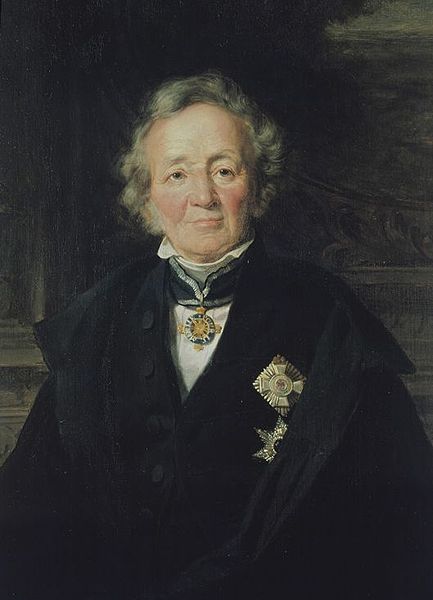What Do Historians Do?
Many people have a fundamental misunderstanding of what history actually is and what its study entails and can provide for the mass of humanity. The work of historians is much more involved than just accumulating a bunch of facts. What exactly do historians do?
Historians Are Not Just Fact Collectors
Many people look at historians and think that they just assemble facts about the past to show what happened. While certain facts happened in the past, and the historians frequently rely on these facts in their work, the mere accumulation of facts does not really describe the work of historians.
Just listing a large laundry list of random or related facts does not really have much use for use when we try to understand the past. Listing facts about the presidency might include that George Washington was the first president, John Adams was the second, and Abraham Lincoln the sixteenth. This does not really help us form any understanding of these men or their presidencies. Unfortunately, this is what too many people learn in history class.
High school history teachers frequently have their main job as the football or basketball coach and merely teach history to fill out their contract requirements. This is not to say that all high school students learn little about history, but only that many have a less-than-stellar experience when it comes to learning about history. The high school version frequently involves memorizing a bunch of dates and the names of a bunch of dead white dudes.
The Father of Modern History

Real Historians Ask Questions
One of the coolest opportunities that real historians have is to ask questions. These questions do not involve just finding out some facts. Those types of questions typically ask "who" or "what." The best historians tend to ask questions that try to answer "how" and "why" something occurred as it did.
Going back to the section above, high school history teachers who have little formal training or experience might be able to tell us that many Puritans came to the colony of Massachusetts in the 1630s. For good historians, it is not enough to tell that many Puritans embarked for Massachusetts in the 1630s. A good historian will ask why these people chose to come when they did. The answer to the question happens to be the persecution that they had against them during the personal rule of Charles I in England.
Historians Interpret the Past
Good historians also interpret the past so that it is possible to see what is important in terms of chronology, causation, continuity, and change over time. Human societies are not static. They change. Historians look at this change and why it happens.
Historians also attempt to interpret the past on the terms of the people who lived in the past. It is easy to judge people in the past based upon modern moralities. This is not terribly helpful, but looking at the outcomes of the past can sometimes help us avoid some of the common mistakes. The fact that people do not look to the past for examples can sometimes lead to major problems.
What is history?
Historians Strive for Objectivity
Historians strive to be objective in their findings. This is easier said than done. Everyone has a bias of some sort or other. This will usually come through in their writing and arguments. Of course, this does not mean that historians try to be untruthful, just that their findings need to be understood in terms of who the historian is and where they come from.
There is also a problem regarding historical evidence. It is very fragmentary. The farther one goes back for his or her field of study, the more fragmentary the evidence can become. There are not nearly as many sources available on the Punic Wars as there are for World War II or the Vietnam War. Therefore, it can be difficult to piece together a comprehensive account.
History can be a fascinating subject. Studying it can be very rewarding and can lead to a great career for those who are able to break into the profession.








